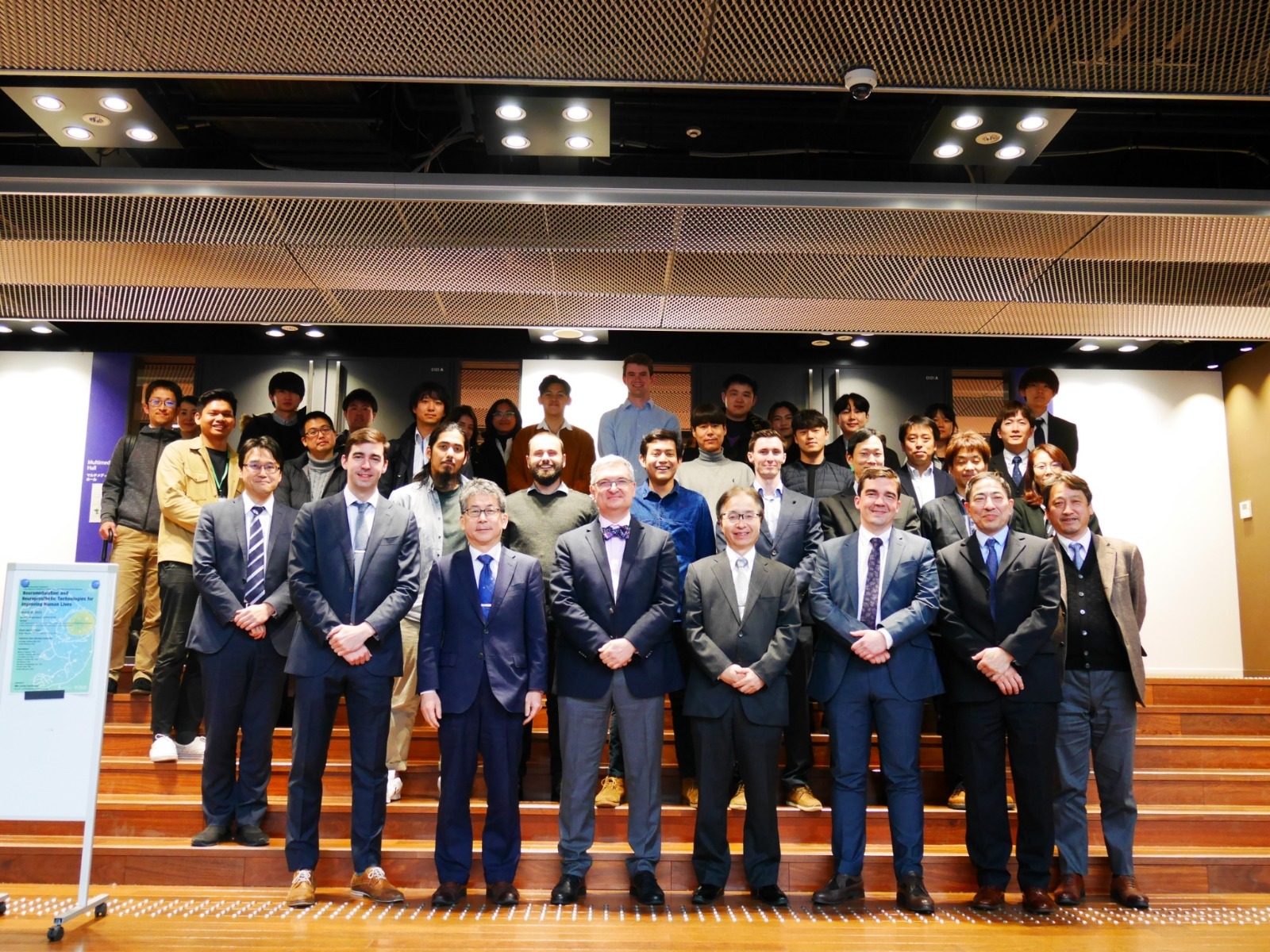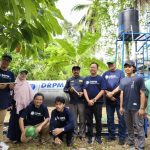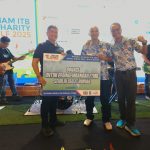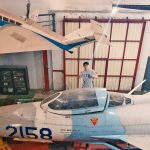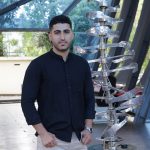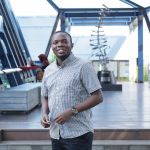The story of the FTMD’s students joining the MEI Center Spring School and International Symposium at Osaka University
The Faculty of Mechanical and Aerospace Engineering ITB has just sent the three of their students to join the Mei Center Spring School and the 16th MEI International Symposium held by Osaka University, Japan. The three of them are Rafli Ramadhan (Mechanical Engineering 2019), Victoria Immanuella (Mechanical Engineering 2019), and Robertus Ruben (Mechanical Engineering 2019). This activity was one of the international collaborations with one of the various FTMD partner universities abroad.
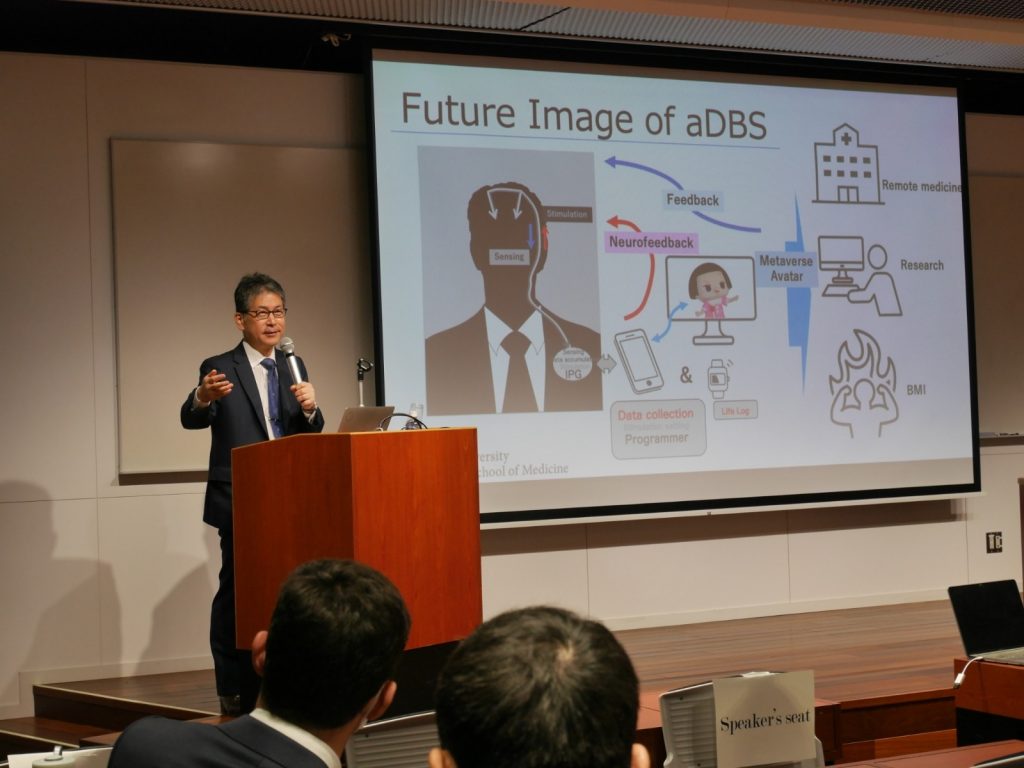
The 16th MEI International Symposium
The MEI Center Spring School was filled with lectures conducted by professors from University of Toronto and Osaka University. Meanwhile, the 16th MEI International Symposium was held featuring seminars presenting the latest research findings. In addition to these main events, the schedule also included gatherings of participants from Indonesia, Thailand, New Zealand, and Korea. Interestingly, only undergraduate FTMD students participated, while other attendees were pursuing their master’s and doctoral degrees. This posed a unique challenge for them to delve into the material throughout the event.
The students mentioned the research topics highlighted in this event are much more advanced than those in Indonesia. Additionally, they revealed that the teaching approach of the professors there is very engaging, as they immediately explain the practical applications rather than delivering monotonous theoretical explanations found in books.
They also noticed other differences from what they usually receive at FTMD, such as the faster pace of teaching by the professors, requiring them to be completely focused on acquiring new knowledge. The presented technology was also more advanced and distinctly focused on the medical aspect, aided by the presence of a hospital at Osaka University where students can directly apply the acquired knowledge. The professors also maintained a close rapport with the students, enabling them to freely ask questions without hesitation. What’s even more unique was that doctors in Japan understand the principles of both engineering and biomedical sciences and apply them effectively.
In addition to gaining academic knowledge, participants also acquired numerous transformative experiences. Many positive aspects were observed, such as the punctuality of the Japanese people. The meticulously planned agenda unfolded seamlessly. The Japanese individuals present there also deeply respected all participants and provided a sense of comfort, even though many locals were not proficient in English. Furthermore, Japan is an exceptionally clean country, with no litter in sight. On the evening after the Symposium concluded, they were invited to dine together with the professors and other participants.
The students gained fresh perspectives, particularly concerning their future after completing their undergraduate studies. They expressed that the field of biomedics offers a broad array of career opportunities. The growing demand for biomedical research opens up numerous prospects in the coming years. Additionally, they shared a consensus on pursuing master’s studies abroad to delve deeper into biomedical knowledge and maximize their potential, thus contributing to the future.
Upon returning to Indonesia, the students naturally hope for progress within their university. Their feedback for FTMD pertains to outdated laboratory equipment that hampers accurate data collection, resulting in suboptimal practical sessions. They emphasized the necessity of promptly integrating new technologies, enabling students to thoroughly understand and apply biomedical knowledge. Other areas of improvement include enhancing campus facilities to meet adequate standards, such as providing a comfortable and clean cafeteria, as well as specialized laboratory spaces tailored to specific purposes to minimize student queues during practical sessions.

